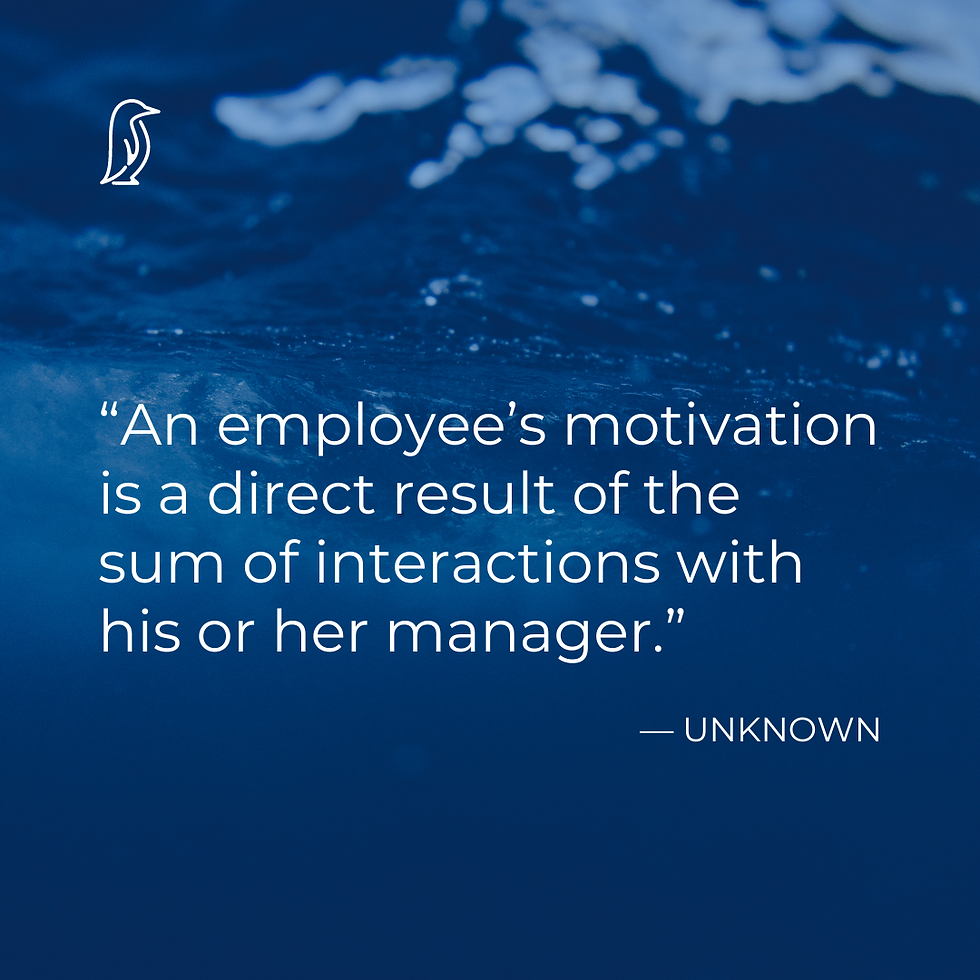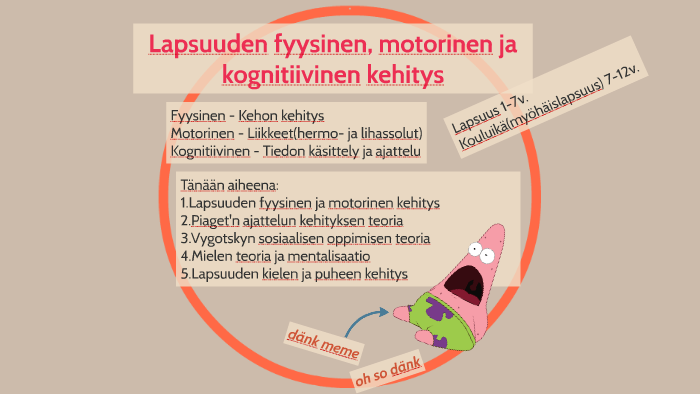How Middle Management Drives Productivity And Employee Satisfaction

Table of Contents
Fostering a Positive and Productive Work Environment
A positive and productive work environment is the cornerstone of a successful organization. Middle management plays a pivotal role in creating this environment by fostering effective communication, empowering employees, and promoting collaboration.
Effective Communication and Feedback
Clear, consistent, and timely communication is paramount for driving productivity. Middle managers must ensure information flows seamlessly between senior leadership and frontline employees. This involves:
- Regular team meetings: Providing updates, addressing concerns, and fostering open dialogue.
- Open-door policies: Creating an environment where employees feel comfortable approaching their managers with questions or concerns.
- Constructive feedback mechanisms: Implementing systems for providing regular, actionable feedback, both positive and constructive.
- Utilizing various communication channels: Employing email, instant messaging, project management software, and face-to-face interactions to ensure effective communication tailored to the situation.
Effective team communication and feedback strategies are key to employee engagement and overall team success.
Empowering Employees and Delegation
Empowering employees is crucial for boosting morale and productivity. Middle managers should:
- Trust employees with responsibilities: Delegating tasks appropriately based on individual skills and capabilities.
- Provide necessary training and resources: Equipping employees with the tools and knowledge needed to succeed.
- Set clear expectations and deadlines: Ensuring everyone understands their roles and responsibilities.
- Recognize and reward achievements: Acknowledging and appreciating employees' contributions.
Employee empowerment, through effective task delegation and skill development, leads to increased ownership and improved performance.
Promoting Collaboration and Teamwork
Fostering a collaborative and supportive work environment is vital for achieving common goals. Middle managers can achieve this by:
- Implementing team-building activities: Encouraging interaction and building camaraderie amongst team members.
- Facilitating cross-functional collaboration: Breaking down silos and encouraging communication across different departments.
- Establishing open communication channels: Promoting transparent and easy communication flow within and between teams.
- Implementing effective conflict resolution strategies: Addressing conflicts promptly and fairly to prevent escalation.
Effective teamwork and collaboration are essential for navigating complex projects and achieving shared success.
Driving Performance and Achieving Business Goals
Middle management plays a vital role in driving performance and ensuring the achievement of business goals.
Setting Clear Goals and Expectations
Establishing clear, measurable, achievable, relevant, and time-bound (SMART) goals is essential for directing efforts and tracking progress. This involves:
- Regular performance reviews: Providing constructive feedback and setting new goals.
- Goal-setting workshops: Involving employees in the goal-setting process.
- Aligning individual goals with overall company objectives: Ensuring everyone is working towards the same overarching goals.
- Providing regular progress updates: Keeping everyone informed about the team's and individual's progress.
Effective goal setting and performance management are critical for driving individual and team performance.
Providing Resources and Support
Middle managers must ensure employees have the necessary resources and support to perform their jobs effectively. This includes:
- Access to technology and tools: Providing the necessary equipment and software.
- Training and development opportunities: Investing in employee growth and skill enhancement.
- Mentorship programs: Connecting employees with experienced mentors for guidance and support.
- Access to senior leadership for guidance: Facilitating communication and providing support when needed.
Resource allocation and employee training are key investments in long-term productivity and employee satisfaction.
Monitoring Progress and Addressing Challenges
Middle managers must actively monitor progress, identify challenges, and implement solutions to keep projects on track. This requires:
- Regular progress tracking: Utilizing project management tools and regular check-ins.
- Proactive problem-solving: Identifying and addressing potential issues before they escalate.
- Utilizing data analytics: Leveraging data to track performance and identify areas for improvement.
- Adapting strategies as needed: Adjusting plans and approaches based on changing circumstances.
Performance monitoring and data-driven decisions enable effective course correction and optimization of processes.
Building Strong Relationships and Boosting Morale
Strong relationships and high morale are essential for a productive and engaged workforce. Middle management plays a significant role in fostering this positive environment.
Recognizing and Rewarding Employees
Acknowledging employee contributions and achievements is crucial for boosting morale and motivation. Middle managers should implement:
- Regular recognition programs: Showcasing outstanding performance and contributions.
- Performance bonuses: Rewarding exceptional achievements with financial incentives.
- Promotions: Recognizing career growth and advancement opportunities.
- Verbal praise and appreciation: Providing regular positive feedback and acknowledgment.
Employee recognition and rewards and recognition programs are instrumental in fostering a positive work environment.
Creating a Culture of Trust and Respect
A workplace built on trust and respect is fundamental to employee satisfaction and productivity. Middle managers should:
- Lead by example: Demonstrating trust and respect in their own interactions.
- Practice active listening: Paying attention to employee concerns and feedback.
- Value employee input: Seeking out and considering employees' opinions and ideas.
- Foster open communication: Creating an environment where employees feel comfortable expressing themselves.
- Create a psychologically safe environment: Ensuring employees feel comfortable taking risks and sharing ideas without fear of judgment.
A strong workplace culture, built on trust and respect, is key to fostering employee engagement and enhancing productivity.
Addressing Employee Concerns and Providing Mentorship
Promptly addressing employee concerns and providing mentorship opportunities are vital for creating a supportive work environment. Middle managers should:
- Establish open communication channels for feedback: Making it easy for employees to share their thoughts and concerns.
- Implement effective conflict resolution strategies: Addressing conflicts fairly and efficiently.
- Offer guidance and support to employees: Providing mentorship and career development opportunities.
- Assist with career development planning: Helping employees identify their career goals and develop plans to achieve them.
Employee support and conflict resolution strategies contribute to higher morale and productivity.
Conclusion
Effective middle management is essential for driving productivity and boosting employee satisfaction. This involves fostering a positive work environment, driving performance through clear goal setting and resource allocation, and building strong relationships through recognition, trust, and mentorship. Invest in developing your middle management team's skills to unlock the full potential of your workforce and experience the benefits of improved productivity and employee satisfaction. Learn more about effective middle management strategies today!

Featured Posts
-
 Avauskokoonpano Julkistettu Kamaran Ja Pukin Tilanne Selvisi
May 21, 2025
Avauskokoonpano Julkistettu Kamaran Ja Pukin Tilanne Selvisi
May 21, 2025 -
 Benjamin Kaellman Potentiaali Kehitys Ja Tulevaisuus Huuhkajissa
May 21, 2025
Benjamin Kaellman Potentiaali Kehitys Ja Tulevaisuus Huuhkajissa
May 21, 2025 -
 The Vybz Kartel Interview Life Behind Bars Hopes For Freedom And New Music
May 21, 2025
The Vybz Kartel Interview Life Behind Bars Hopes For Freedom And New Music
May 21, 2025 -
 Ramon Rodriguez Will Trent Star Reveals Triple Scorpion Sting While Sleeping
May 21, 2025
Ramon Rodriguez Will Trent Star Reveals Triple Scorpion Sting While Sleeping
May 21, 2025 -
 The Goldbergs Exploring The Characters And Their Enduring Appeal
May 21, 2025
The Goldbergs Exploring The Characters And Their Enduring Appeal
May 21, 2025
